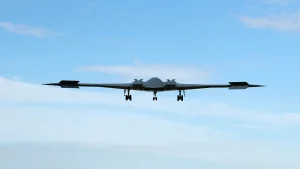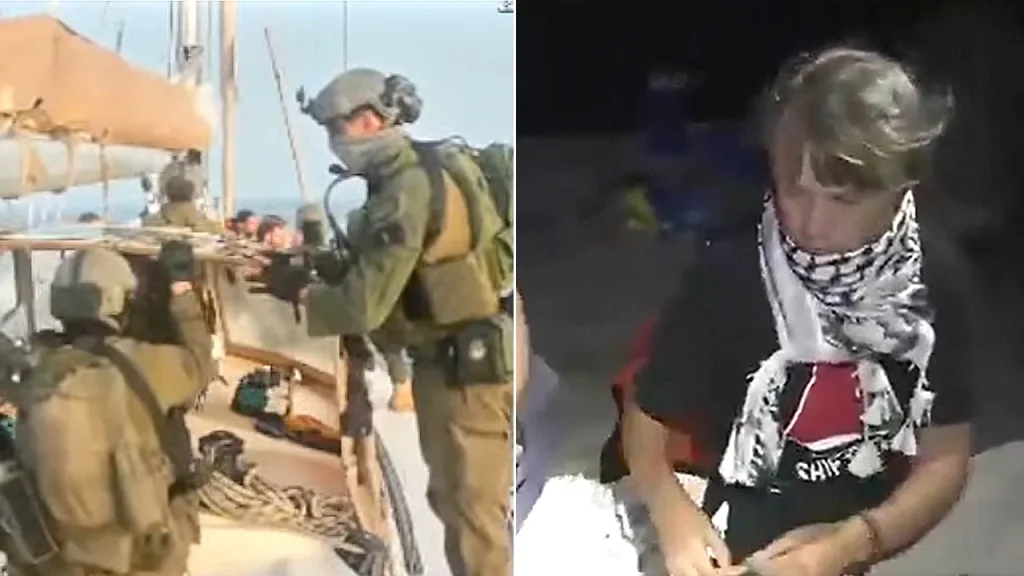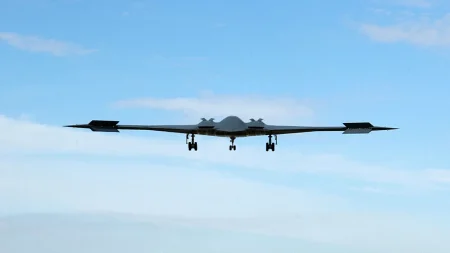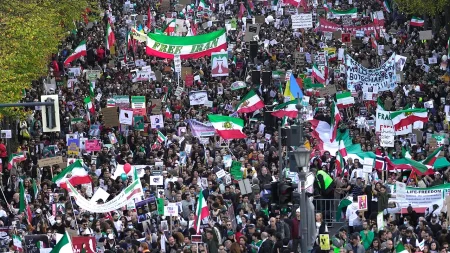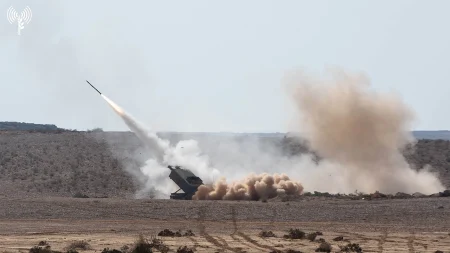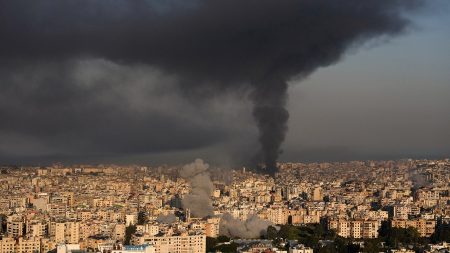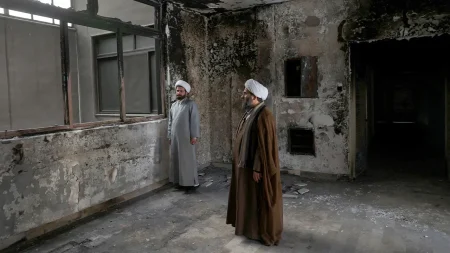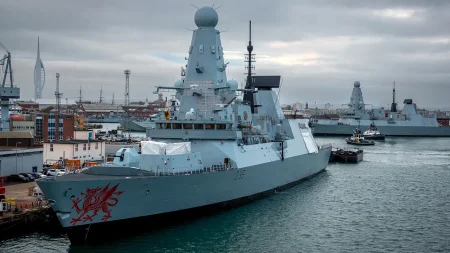International Aid Flotilla to Gaza Intercepted by Israeli Forces
In a significant maritime incident on Thursday, Israeli naval forces intercepted 39 vessels from an aid flotilla bound for Gaza, detaining numerous activists including prominent climate campaigner Greta Thunberg and several European lawmakers. The operation targeted what organizers called the Global Sumud Flotilla, the largest maritime effort yet to challenge Israel’s long-standing blockade of the Gaza Strip. The flotilla, which began with more than 40 boats carrying approximately 500 activists across the Mediterranean, represented a coordinated international attempt to deliver humanitarian aid directly to Gaza’s shores. Dramatic photos released showed Israeli soldiers in tactical gear boarding the vessels, with subsequent images from Israel’s foreign ministry depicting Thunberg and others in military custody. Though activists had hoped the flotilla’s unprecedented size would make complete interception difficult, Israeli forces managed to stop nearly all vessels, with only one reportedly continuing toward Gaza before contact was lost.
The interception sparked immediate international reactions, with protests erupting in major cities worldwide including Rome, Naples, Istanbul, Athens, and Buenos Aires. Italy’s largest trade union announced a one-day general strike in response, while additional demonstrations were planned globally. The Israeli foreign ministry characterized the flotilla as a “Hamas-Sumud provocation” that had been effectively neutralized, stating that all detained activists were “safe and in good health” and would be deported to Europe after processing in Israel. Among those detained were not only Thunberg, whose presence significantly raised the flotilla’s international profile, but also former Barcelona Mayor Ada Colau and European Parliament member Rima Hassan, underscoring the high-profile nature of the participants involved in this maritime challenge to Israel’s blockade policies.
This flotilla represents the latest chapter in a contentious history of maritime activism targeting the Gaza blockade, which Israel has maintained since Hamas took control of the territory in 2007. Previous attempts by activist flotillas to break through have largely been unsuccessful and sometimes resulted in violent confrontations, most notably during the 2010 Gaza Freedom Flotilla raid that ended in multiple fatalities. Israel defends the naval blockade as a necessary security measure to prevent weapons from reaching Hamas, while critics argue it constitutes collective punishment of Gaza’s civilian population and has contributed significantly to the humanitarian crisis in the enclave. The timing of this latest attempt comes amid the ongoing Israel-Hamas conflict that began in October 2023, with Gaza facing severe shortages of food, medicine, and other essential supplies according to international aid organizations.
The scale and organization of the Global Sumud Flotilla reflected growing international frustration with the humanitarian situation in Gaza and dissatisfaction with established aid channels. Organizers had carefully planned the multi-vessel approach, apparently believing that the sheer number of boats would make it impossible for Israel to intercept them all before at least some reached Gaza’s shores. While Israeli officials claimed the flotilla had connections to Hamas – citing unspecified documents – the participants represented a diverse coalition of international activists, politicians, and humanitarian workers unified in their goal of challenging what they view as an unjust blockade. The participation of high-profile figures like Thunberg, who has increasingly broadened her activism beyond climate issues to embrace humanitarian causes, significantly amplified media attention to the effort.
The interception operation itself revealed Israel’s determination to maintain its blockade regardless of international pressure or the profile of those challenging it. Israeli forces appeared well-prepared for the flotilla, deploying naval vessels and specialized boarding teams equipped with night vision and tactical gear to systematically intercept the boats. The efficiency of the operation suggested Israeli intelligence had been tracking the flotilla’s preparations, allowing for a coordinated response that prevented any vessels from reaching Gaza’s shores. Meanwhile, Italy’s Prime Minister Giorgia Meloni had previously warned that the flotilla risked escalation and could potentially undermine fragile ceasefire negotiations, highlighting the complex geopolitical context surrounding the humanitarian mission.
As the detained activists face deportation proceedings, this latest confrontation underscores the seemingly intractable nature of the Gaza blockade issue and the growing internationalization of efforts to challenge it. The blockade itself remains a focal point of contention in the broader Israeli-Palestinian conflict, with humanitarian organizations consistently warning about deteriorating conditions for Gaza’s civilian population. While Israel maintains the naval restrictions are essential for its security, preventing Hamas from importing weapons and other military supplies, critics argue that the extensive restrictions on civilian goods have created a humanitarian crisis that collective action like the flotilla seeks to address. With one vessel reportedly still attempting to reach Gaza at the time of reporting, and international protests gaining momentum, the incident highlights how maritime activism continues to be employed as a tactic to challenge policies affecting Gaza, even as such efforts face significant obstacles and risks.
